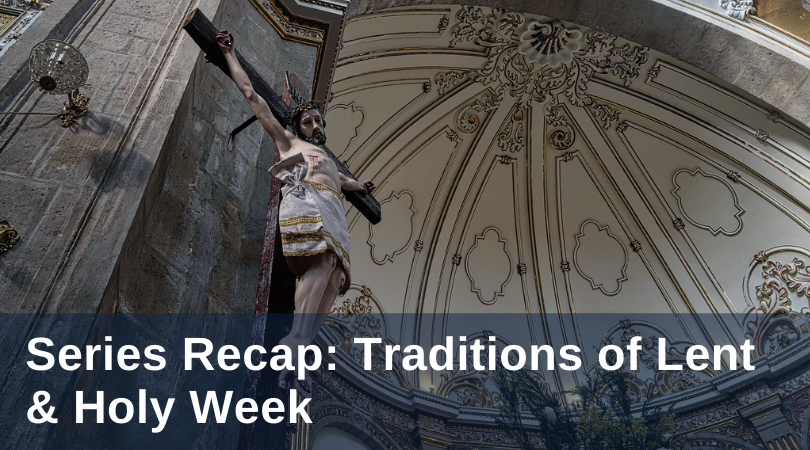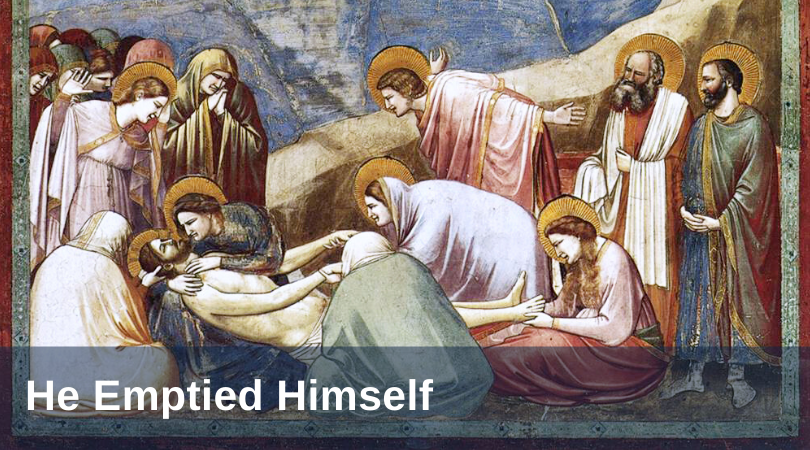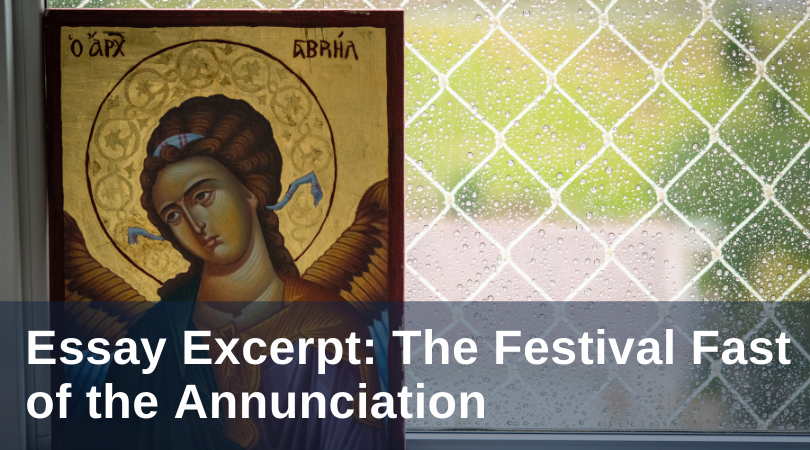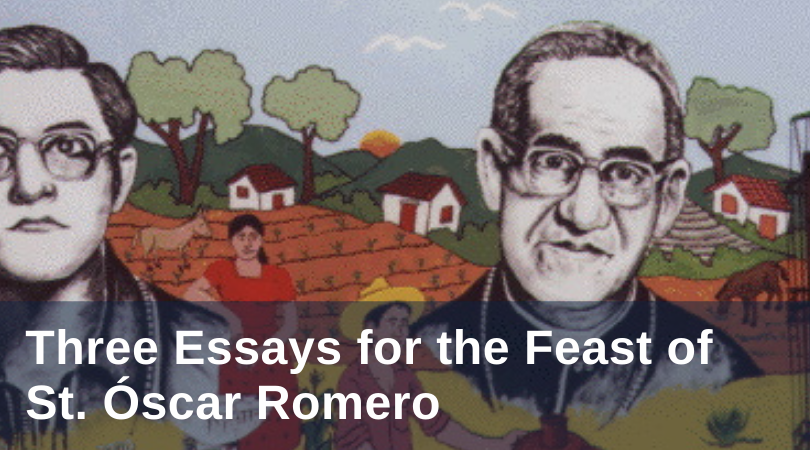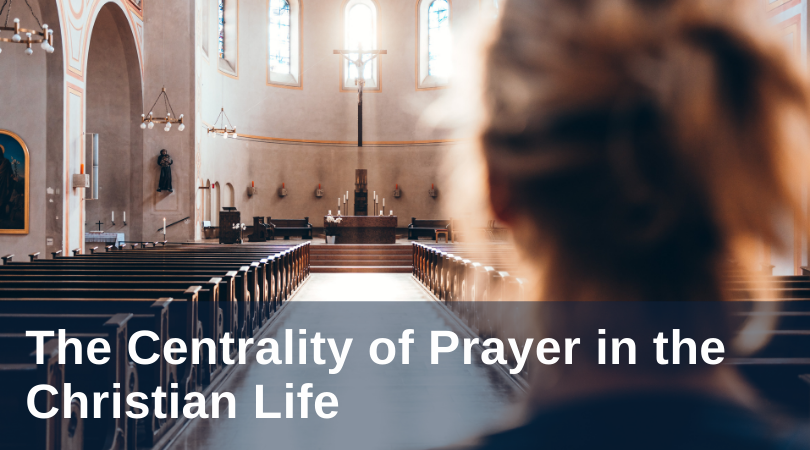One of the great gifts of the Catholic Church is that its universality allows the mysteries of the faith to be expressed in endless ways in the beauty of different cultures. We see this perhaps most readily in traditions of visual art, but we also see it in the traditions of devotional prayer and popular (as in “of the people”) piety that have developed in particular parts of the world. The season of Lent and Holy Week has given rise to numerous beautiful practices: think of how many different ways one can pray the Stations of the Cross, for example. This practice encompasses a broad range of possibilities—from meditating as a community on Christ’s Passion in a parish church with Scripture, poetry, and music, to staging a full re-enactment of Jesus’ journey to Calvary in a performance of “Living Stations of the Cross” with actors, costumes, and props.
Topics: devotional prayer, Hispanic Catholicism, Holy Week, Lent, Hispanic ministry
Editorial Note: This post was originally delivered as a reflection for Palm Sunday on Sunday, April 5, 2020.
“He emptied Himself,” Paul tells us in the second reading from Philippians (2:7). Who “emptied Himself?” “Christ Jesus,” Paul says, “though he was in the form of God.” The Creed explains what this means: in other words, “though He was in the form of God” because he was the “Son of God, God from God, Light from Light, True God from True God, begotten not made, consubstantial with the Father,”—“Christ Jesus” in the “form of God” is that one the Creed speaks of, truly God from all eternity in the permanent bliss and blessedness that belongs to God the Trinity as an eternal exchange of the most intimate love.
Topics: Holy Week, self-giving love
Essay Excerpt: The Festival Fast of the Annunciation
Editorial Note: This excerpt is taken from an essay by the same name originally published at Church Life Journal on March 25, 2019.
Tamely, frail body, abstain today; today
My soul eats twice, Christ hither and away.
She sees him man, so like God made in this,
That of them both a circle emblem is,
Whose first and last concur; this doubtful day
Of feast or fast, Christ came, and went away;
She sees him nothing, twice at once, who is all;
She sees a cedar plant itself, and fall,
Her maker put to making, and the head
Of life at once not yet alive, yet dead;
She sees at once the virgin mother stay
Reclused at home, public at Golgotha;
Sad and rejoiced she's seen at once, and seen
At almost fifty, and at scarce fifteen;
At once a son is promised her, and gone,
Gabriel gives Christ to her, he her to John;
Not fully a mother, she's in orbity,
At once receiver and the legacy;
All this, and all between, this day hath shown,
Th'abridgement of Christ's story, which makes one—
As in plain maps, the furthest west is east—
Of th’angel's Ave, and Consummatum est...
—John Donne, "Upon the Annunciation and Passion Falling upon One Day."
Topics: Annunciation, Lent, fasting, Feasts, Good Friday
Today is the feast day of St. Óscar Romero, fourth Archbishop of San Salvador. Like many saints in the Church, Romero’s feast day marks his dies natales, or birth day into eternal life—in other words, the day of his death. 41 years ago today, Romero was shot and killed as he was celebrating Mass. Romero was known for his impassioned preaching and his outspokenness against corruption, violence, and oppression. Here are three pieces to help you learn more about this remarkable martyr for the faith.
Topics: preaching, saints, martyrdom, liturgical year, St. Oscar Romero
The Centrality of Prayer in the Christian Life
When I was in college, I would sometimes call my high school religion teacher just to talk. We would cover a multitude of topics—academic pressures, dorm life, family, spiritual stuff, etc.—but it was mostly me just complaining about how hard my life was while he patiently listened and offered spiritual counsel. During the winter break of my senior year, I went to go see him and he gave me a tour of his rectory—he was a priest—which included a visit to his personal chapel next to the bedroom. Right there, next to the prie-dieu kneeler and before the tabernacle, was the telephone. He had been talking to me on the phone, on his knees, before the Blessed Sacrament.
Topics: healing, prayer, conversion

